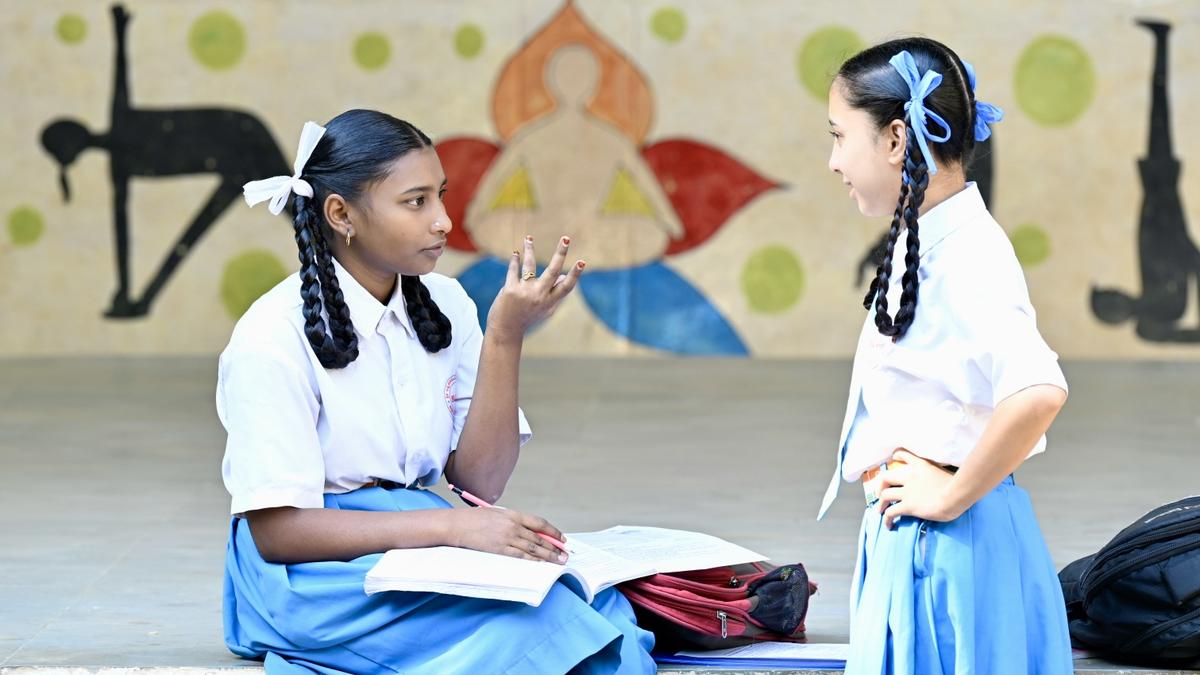
No grace marks for SSLC students from the next academic year
The Hindu
Karnataka government abolishes grace marks in SSLC exams from 2024-25, emphasizing hard work and accountability for results.
The State government has decided to abolish the system of giving grace marks to students in class 10 (SSLC) exams from the academic year 2024-25.
At a meeting on Friday at Vidhana Soudha, Chief Minister Siddaramaiah and Deputy Chief Minister D.K. Shivkumar raised the issue of grace marks with Madhu Bangarappa, Minister of Primary and Secondary Education. The Chief Minister came down heavily on the officials of the Department of School Education and Literacy (DSEL) for its “generous showering” of grace marks of up to 20% to boost the SSLC result this year, said sources.
According to sources, Mr. Siddaramaiah pointed out that two students from government-run schools had made it to the top spot this year which shows that anyone can achieve good results with hard work. Only those who work hard need to get marks, and there should be no grace marks from next year, Mr. Siddaramaiah ordered in the meeting. He also said Deputy Directors of Public Instruction, Block Education Officers, principals and teachers should be made accountable for results.
When the Principal Secretary of DSEL said grace marks had been enhanced to 10% from 5% during the COVID-19 pandemic, the Chief Minister sought to know whether there was COVID-19 now to follow the same logic.
Speaking to journalists later, Mr. Madhu Bangarappa said, “These are children who were in classes 6 and 7 during the COVID-19 pandemic. So obviously quality of teaching would have fallen. Not only have we given 20% grace marks, but we are allowing them to take second and third annual exams keeping this in mind. Second and third exams will continue, but not the grace marks from next year.”
Karnataka saw a 10% point dip in the number of students clearing the first of three SSLC exams, with an overall pass percentage of 73.4%. However, the dip would have been steeper—about 30 percentage points—if not for the government’s decision to give grace marks of up to 20% as a one-time measure. One of the reasons cited for the low pass percentage was the introduction of a new monitoring system of webcasting through CCTV in all examination centres to put a stop to malpractices.











